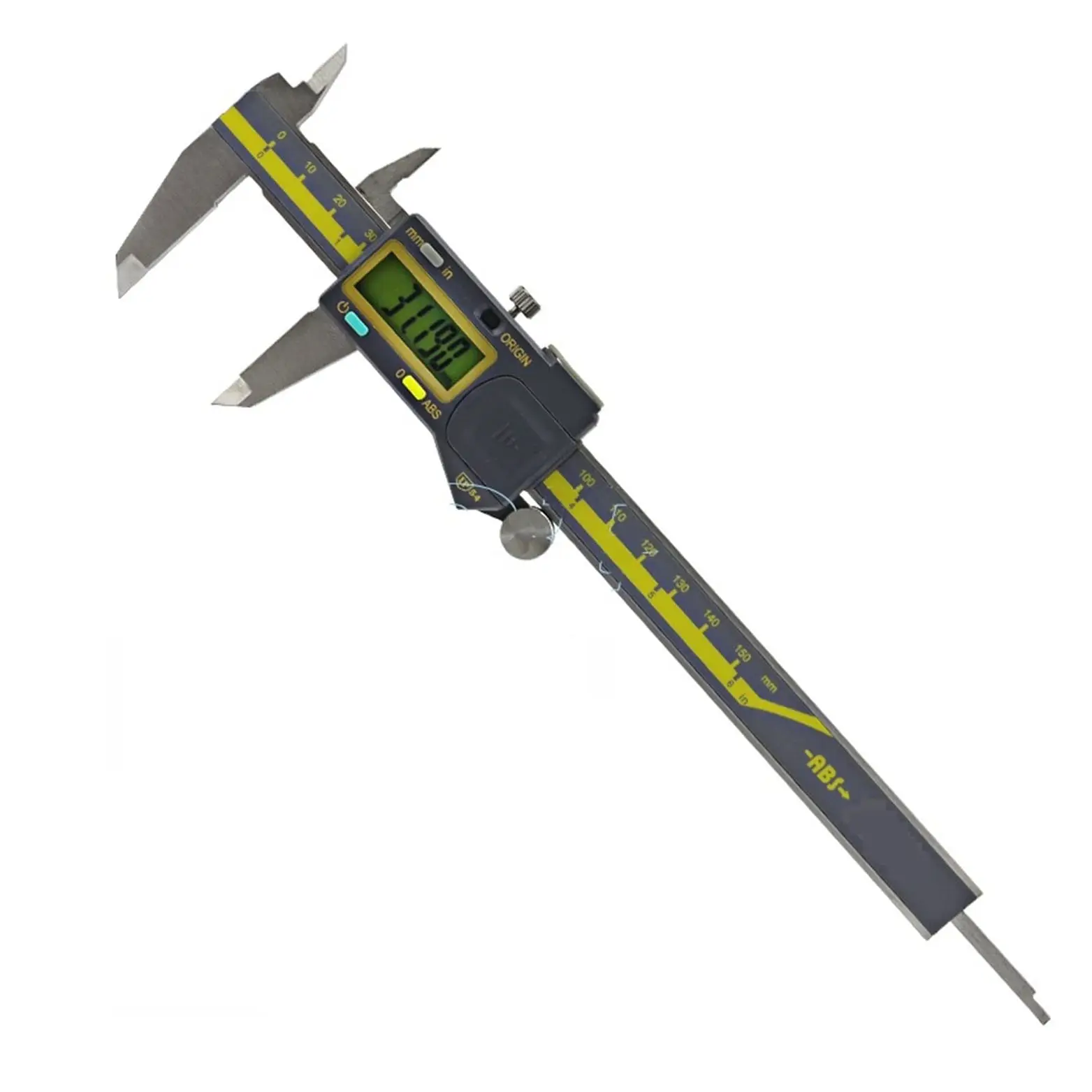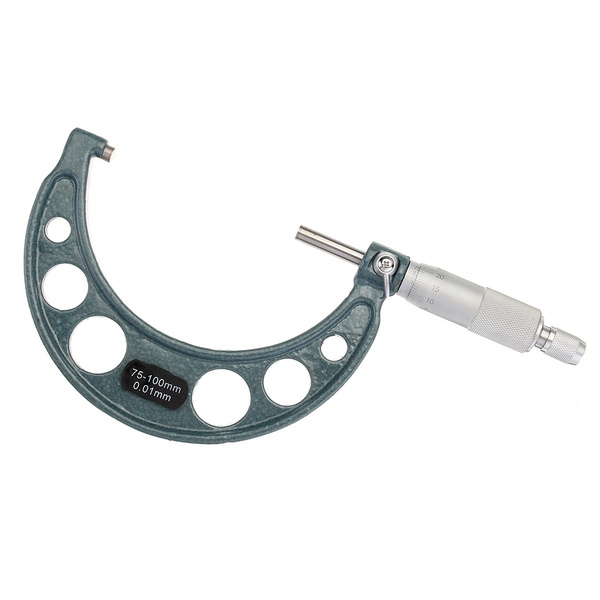machinist measuring tools Suppliers
Choosing the right machinist measuring tools suppliers is crucial for precision and accuracy in manufacturing. This guide covers essential tools, key supplier attributes, and factors to consider when selecting a partner to ensure you get the best quality and value for your metrology needs.
Understanding Essential Machinist Measuring Tools
Machinists rely on a variety of tools to ensure parts meet precise specifications. Here are some of the most essential:
Calipers
Calipers are versatile instruments used for measuring external dimensions, internal dimensions, and depths. There are three main types:
- Vernier Calipers: Offer precise readings using a vernier scale. They are reliable and cost-effective.
- Dial Calipers: Feature a dial indicator for easy and quick readings.
- Digital Calipers: Provide digital readouts for convenience and accuracy. They often include features like zeroing and conversion between metric and imperial units.
Micrometers
Micrometers are used for highly accurate measurements of small dimensions. Key types include:
- Outside Micrometers: Measure the external dimensions of objects.
- Inside Micrometers: Measure internal dimensions, such as hole diameters.
- Depth Micrometers: Measure the depth of holes or recesses.
Gauge Blocks
Gauge blocks (also known as Johansson gauges) are precision-ground blocks used as standards for calibrating measuring instruments and setting up machinery. They are available in sets of various sizes to allow for a wide range of measurement combinations.
Height Gauges
Height gauges are used to measure the height of objects or features relative to a reference surface. They often include a scriber for marking workpieces.
Indicators and Probes
Indicators and probes are used to measure small displacements or deviations. Types include:
- Dial Indicators: Use a dial and pointer to indicate measurements.
- Digital Indicators: Provide digital readouts for increased accuracy.
- Edge Finders: Locate the edges of workpieces for precise machining.
Key Attributes of Reliable Machinist Measuring Tools Suppliers
Choosing the right supplier is just as important as selecting the right tools. Consider these attributes:
Product Quality and Accuracy
The most crucial factor is the quality and accuracy of the tools. Look for suppliers that offer tools manufactured to recognized standards, such as ANSI or DIN. Ask for certifications or documentation to verify the accuracy of the instruments.
Brand Reputation and Experience
A supplier with a strong reputation and years of experience is more likely to provide reliable products and services. Research the supplier's history and read customer reviews to get an idea of their track record.
Product Range and Availability
Choose a supplier that offers a wide range of machinist measuring tools to meet all your needs. Ensure they have the tools you need in stock or can quickly source them.
Calibration and Repair Services
Measuring tools require regular calibration to maintain accuracy. Choose a supplier that offers calibration services or can recommend a reputable calibration lab. Repair services are also important for extending the lifespan of your tools.
Technical Support and Training
A good supplier should provide technical support to help you select the right tools and troubleshoot any issues. Training on the proper use and maintenance of measuring tools can also be valuable.
Competitive Pricing
While quality is paramount, price is also a consideration. Compare prices from different suppliers to ensure you are getting a fair deal. Be wary of extremely low prices, as they may indicate inferior quality.
Factors to Consider When Selecting a Supplier
Beyond the key attributes, consider these factors when making your decision:
Specific Needs
Assess your specific measurement needs. What types of parts do you machine? What level of accuracy do you require? What is your budget? Choose a supplier that can meet your specific requirements.
Industry Standards
Are there any industry-specific standards or regulations that you must comply with? Ensure the supplier's tools meet these standards.
Warranty and Return Policy
A good supplier should offer a warranty on their products and a fair return policy. This protects you in case of defects or inaccuracies.
Delivery Time and Shipping Costs
Consider the supplier's delivery time and shipping costs. Can they deliver the tools you need when you need them? Are their shipping costs reasonable?
Where to Find Reputable Machinist Measuring Tools Suppliers
Here are several avenues to find reliable suppliers:
Online Marketplaces
Online marketplaces like Amazon, eBay, and Alibaba offer a wide selection of machinist measuring tools. However, be sure to carefully vet the suppliers and read reviews before making a purchase.
Industrial Supply Companies
Industrial supply companies like MSC Industrial Supply, Grainger, and Fastenal specialize in providing tools and equipment to manufacturers. They typically offer a wide selection of high-quality measuring tools from reputable brands.
Direct from Manufacturers
Purchasing directly from manufacturers like Mitutoyo, Starrett, and Brown & Sharpe can ensure you get the highest quality tools and access to technical support. Wayleading Tools ([www.wayleading.com](www.wayleading.com)) also offers a comprehensive range of measuring tools, focusing on precision and durability for demanding machining applications.
Trade Shows and Exhibitions
Attending trade shows and exhibitions related to manufacturing and machining can provide an opportunity to meet with suppliers and see their products in person.
Examples of Common Measuring Tools and Their Applications
| Tool | Application | Typical Accuracy |
|---|---|---|
| Digital Caliper | General purpose measurements of external and internal dimensions, depth | ±0.001 inch (0.02 mm) |
| Outside Micrometer | Precise measurement of external dimensions | ±0.0001 inch (0.0025 mm) |
| Height Gauge | Measuring the height of features relative to a reference surface | ±0.0002 inch (0.005 mm) |
| Gauge Block | Calibration of measuring instruments, setting up machinery | Grade 0.5: ±0.000004 inch (0.0001 mm) |
Conclusion
Choosing the right machinist measuring tools suppliers is a critical decision that can impact the accuracy and efficiency of your manufacturing operations. By considering the key attributes and factors discussed in this guide, you can find a supplier that meets your specific needs and helps you achieve your quality goals. Always prioritize quality, accuracy, and reliability when selecting measuring tools, and ensure your supplier offers the support and services you need to keep your tools in top condition.
Disclaimer: The accuracy specifications provided in the table are typical values and may vary depending on the specific tool and manufacturer. Always refer to the manufacturer's specifications for the most accurate information.
Related products
Related products
Best selling products
Best selling products-
 Precision Digital Caliper Of With Metric & Inch Size For Industrial
Precision Digital Caliper Of With Metric & Inch Size For Industrial -
 Precision Magnetic Base With Fine Adjustment For Dial Indicator
Precision Magnetic Base With Fine Adjustment For Dial Indicator -
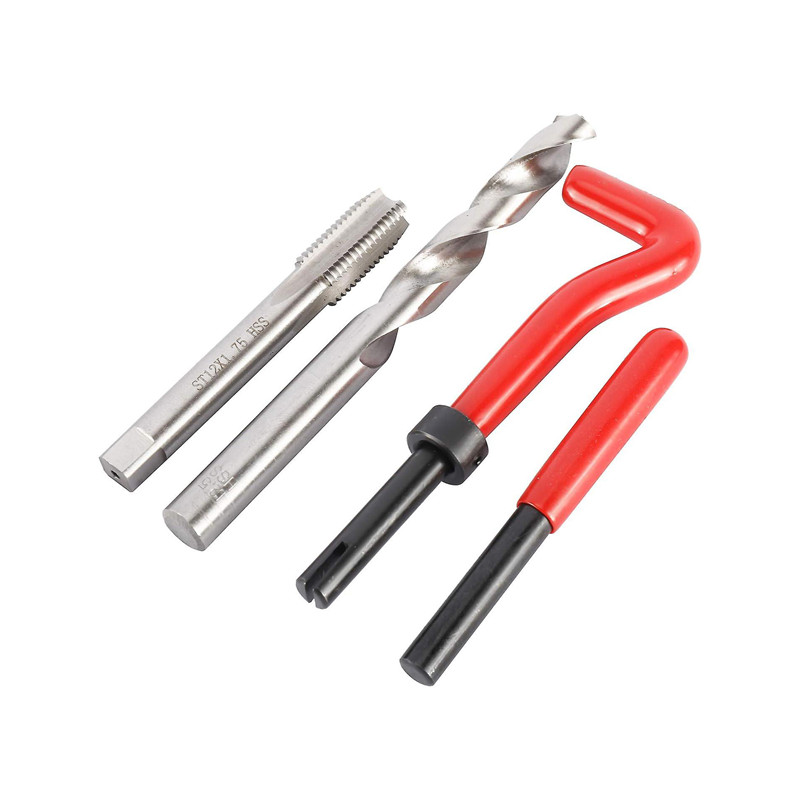 131PCS Thread Repair Set And Helicoil Type Thread Repair Set
131PCS Thread Repair Set And Helicoil Type Thread Repair Set -
 MT-APU Drill Chuck Holder With Keyless Type
MT-APU Drill Chuck Holder With Keyless Type -
 Type K-90 Degree Cone Tungsten Carbide Rotary Burr
Type K-90 Degree Cone Tungsten Carbide Rotary Burr -
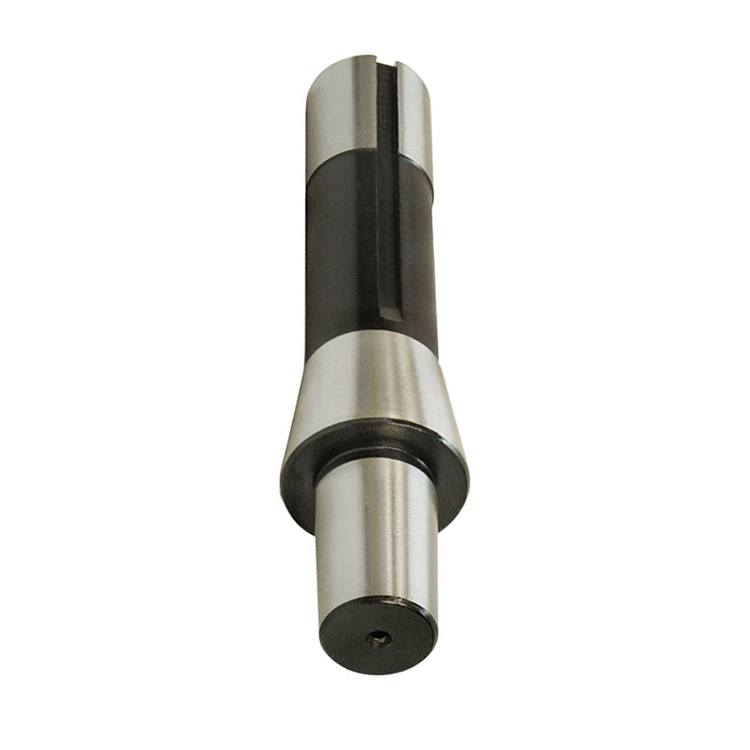 R8 Drill Chuck Arbor For Milling Machine
R8 Drill Chuck Arbor For Milling Machine -
 Precision Micrometr Holder For Micrometer
Precision Micrometr Holder For Micrometer -
 Type B Cylinder Tungsten Carbide Rotary Burr
Type B Cylinder Tungsten Carbide Rotary Burr -
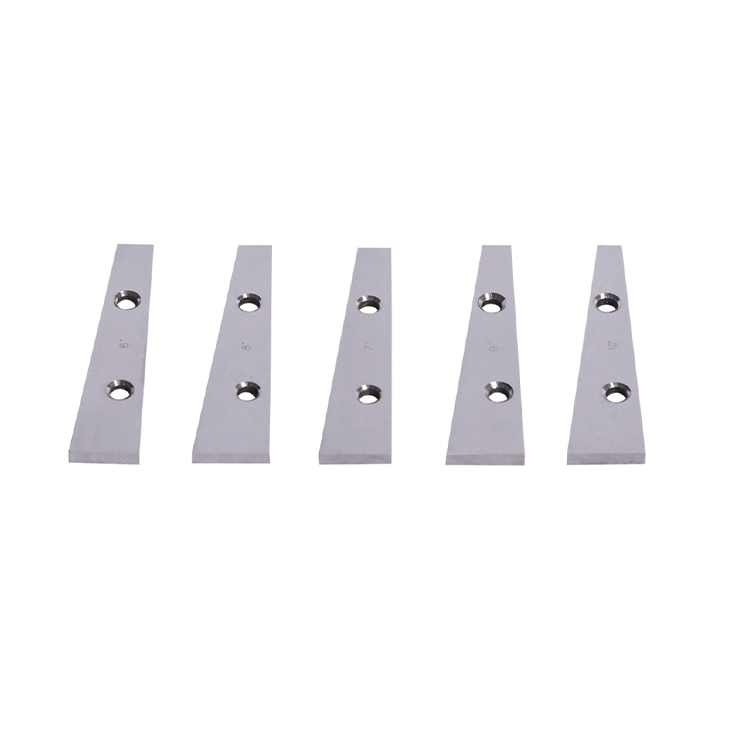 Precision 5pcs & 6pcs Angle Blocks Set With High Quality Type
Precision 5pcs & 6pcs Angle Blocks Set With High Quality Type -
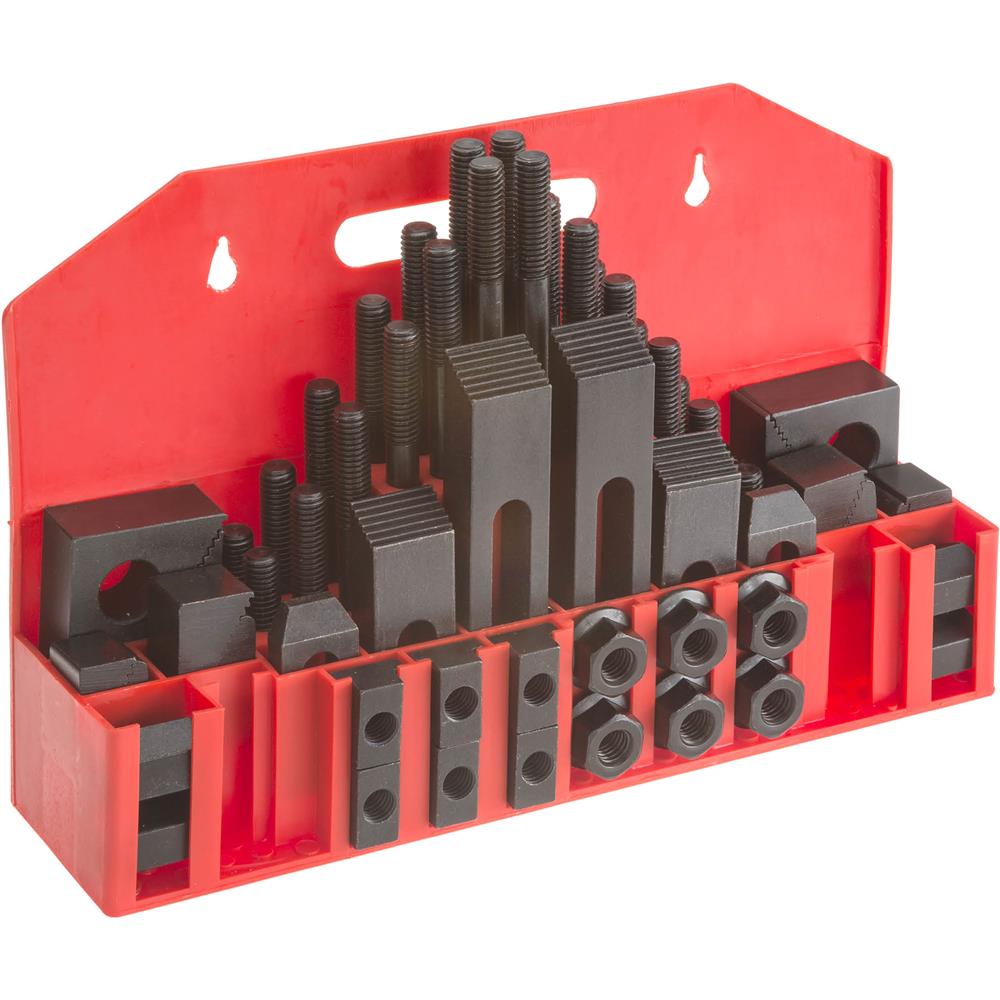 58pcs Clamping Kit With Metric & Inch Size
58pcs Clamping Kit With Metric & Inch Size -
 HSS Inch Screw Slotting Saws For Industrial With Bright Or TiN Coated
HSS Inch Screw Slotting Saws For Industrial With Bright Or TiN Coated -
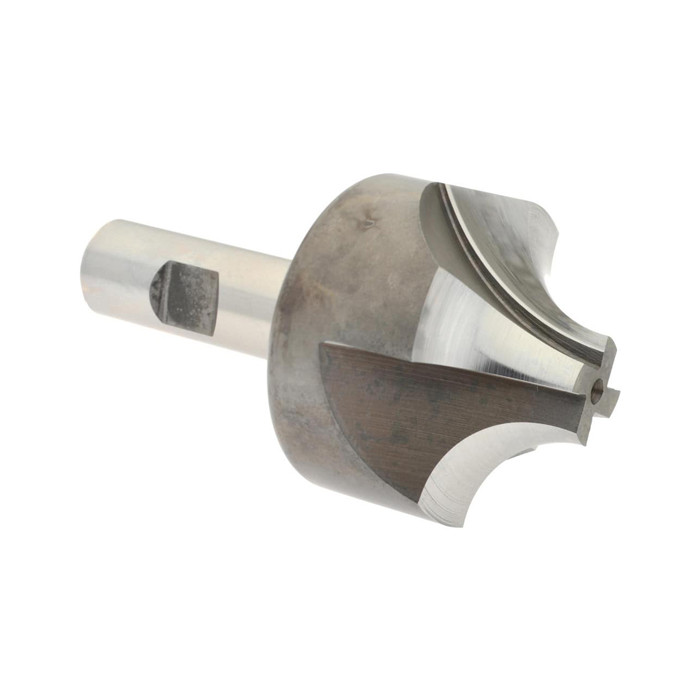 HSS Metric & Inch Corner Rounding End Mill For Industrial
HSS Metric & Inch Corner Rounding End Mill For Industrial
Related search
Related search- High-Quality metric size trapeze TR threading insert
- square shoulder indexable face mill Manufacturers
- morse taper extension sleeve Factories
- Woodruff Keyseat Cutter Factory
- N60 threading insert
- Wholesale die nut
- Boring Head Suppliers
- Wholesale 5pcs/set long series center drills
- SDNC boring bar Suppliers
- quick change tool holder Factory




